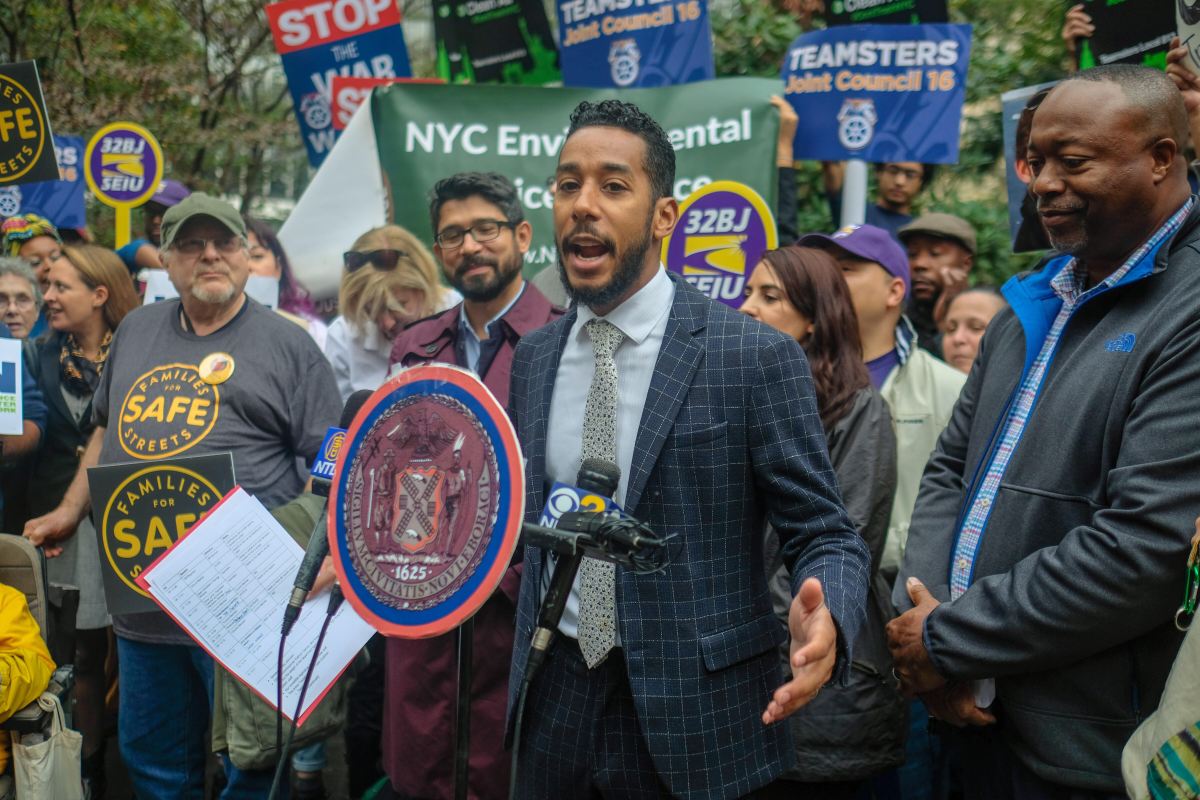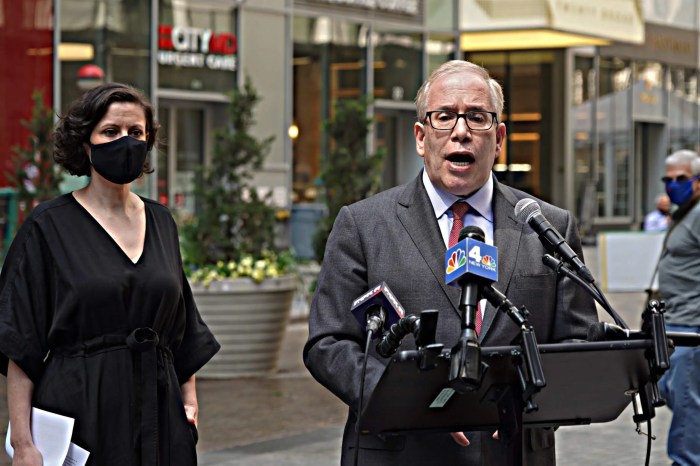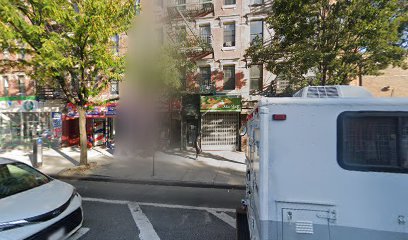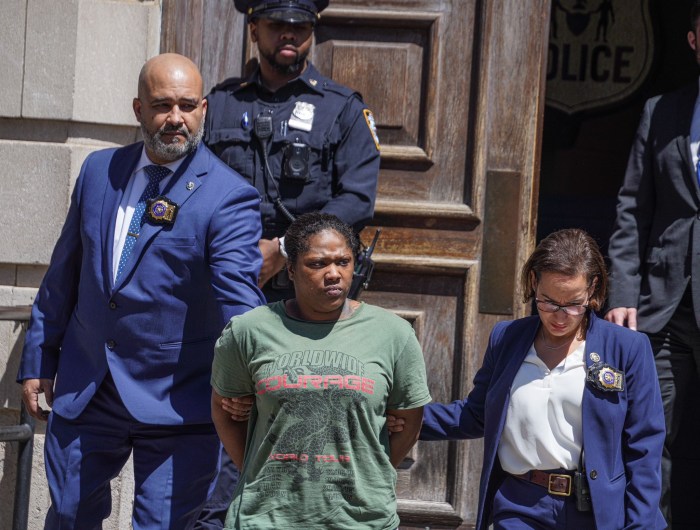New York City is finally tackling the “wild west” of private waste collection.
The City Council on Wednesday passed controversial legislation to overhaul the industry in an attempt to reduce its greenhouse gas emissions and improve safety on city streets. The reforms would establish at least 20 collection zones for as many as three companies to serve, selected through a city bidding process.
“The reforms to the private sanitation industry that we’ll be voting on today will improve the lives of every resident of the city,” said Brooklyn Councilman Antonio Reynoso, who sponsored the legislation.
Currently, there are about 90 companies that collect 3 million tons of trash and recycling each year. Those collections are based on individual agreements with more than 100,000 businesses. That system has companies developing circuitous routes and can flood a commercial corridor with multiple trash trucks from different companies.
Reynoso said the legislation, which has been six years in the making, would dramatically reduce the travel miles for the large vehicles and ease pressures heaped on workers that lead to speeding, red-light-running and other dangerous moving violations.
Since 2014, about 43% of vehicles registered with the city to haul waste and debris received at least one ticket for driving through red lights or speeding in school zones, an amNewYork investigation found.
“For years carters have chased customers all over the city, resulting in routes with hundreds and hundreds of stops … and dozens of carters serving a single commercial corridor,” Reynoso said. “This puts pressure on drivers and helpers to cut corners in order to complete their routes in a single night.”
Private sanitation trucks collectively travel 23.1 million miles per year; the zones would shave millions of miles off that total, according to a report from the de Blasio administration, which supports the reforms.
The legislation, passed by a vote of 35 in favor and 13 against, also drew endorsements from traffic safety, environmental and some labor groups, but it faced fierce opposition from other unions and several council members. Those critics believe the changes would unfairly limit competition, pushing out smaller businesses, and potentially create new opportunities for corruption.
“When we create these commercial waste zones and we allow for only a certain number of large private companies to bid on these zones they are going to in a sense determine what the prices are,” said Queens Councilman Eric Ulrich, who voted against the bill. “Don’t make any mistake, if they can make more profits, they will.”
Brooklyn Councilman Chaim Deutsch, who also opposed the legislation, said it was “rushed through without time for a renewed discussion” on a revision to the legislation last week.
But backers pointed to the revision, which in part increased the number of companies per zone, from one to three, as a reasonable accommodation for competition.
“This legislation struck a balance to allow for competition, but in a sane and orderly way,” said Queens Councilman Rory Lancman. “And if there is one thing lacking in the private carting industry today, it is sanity and order.”


















